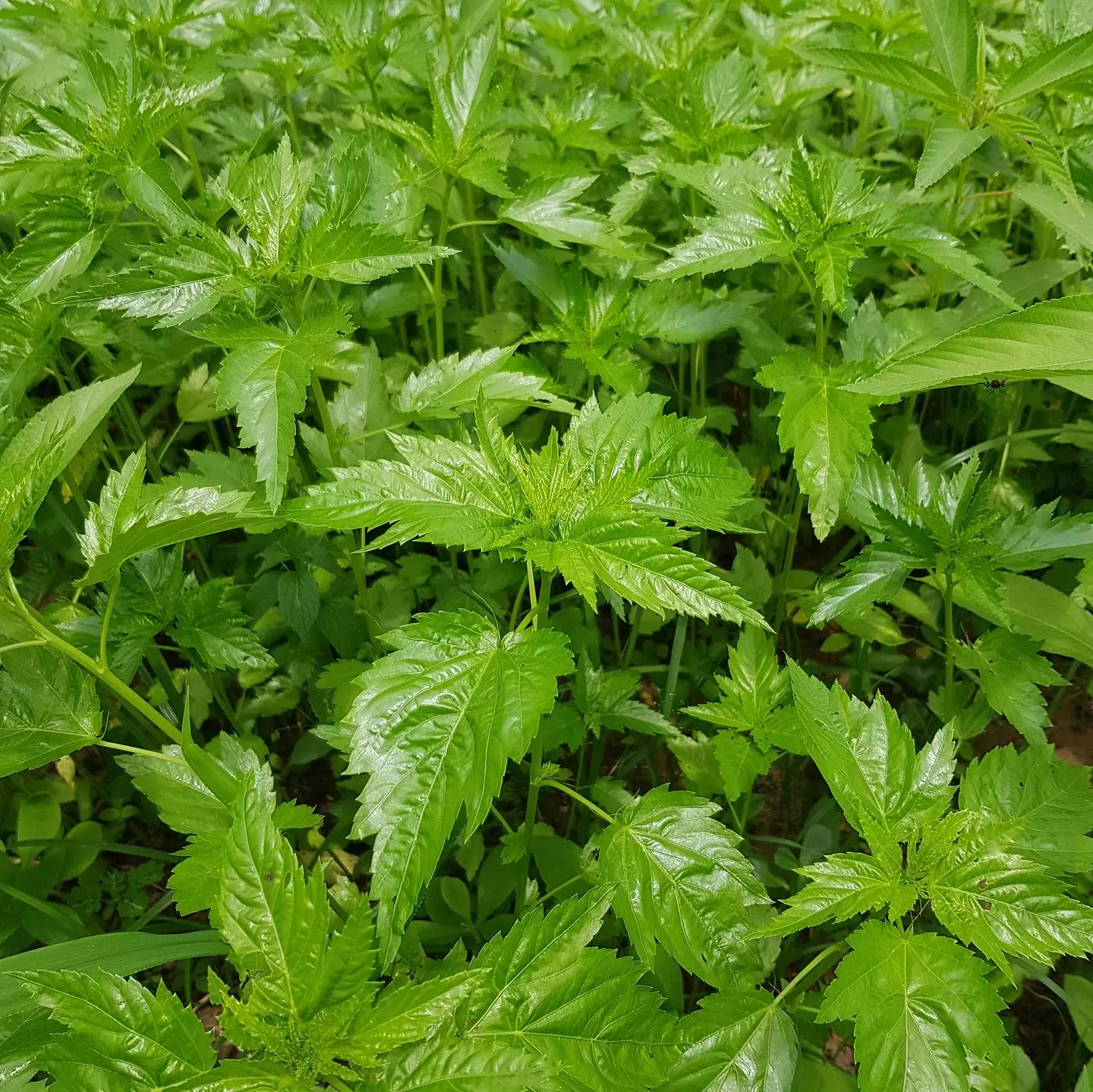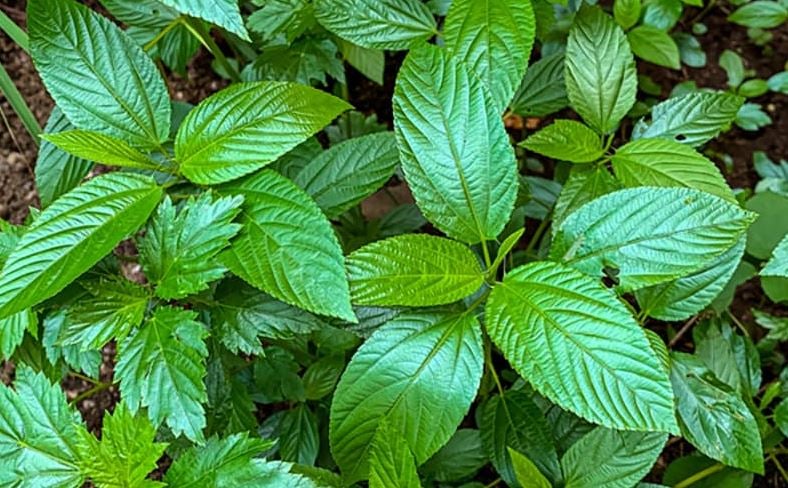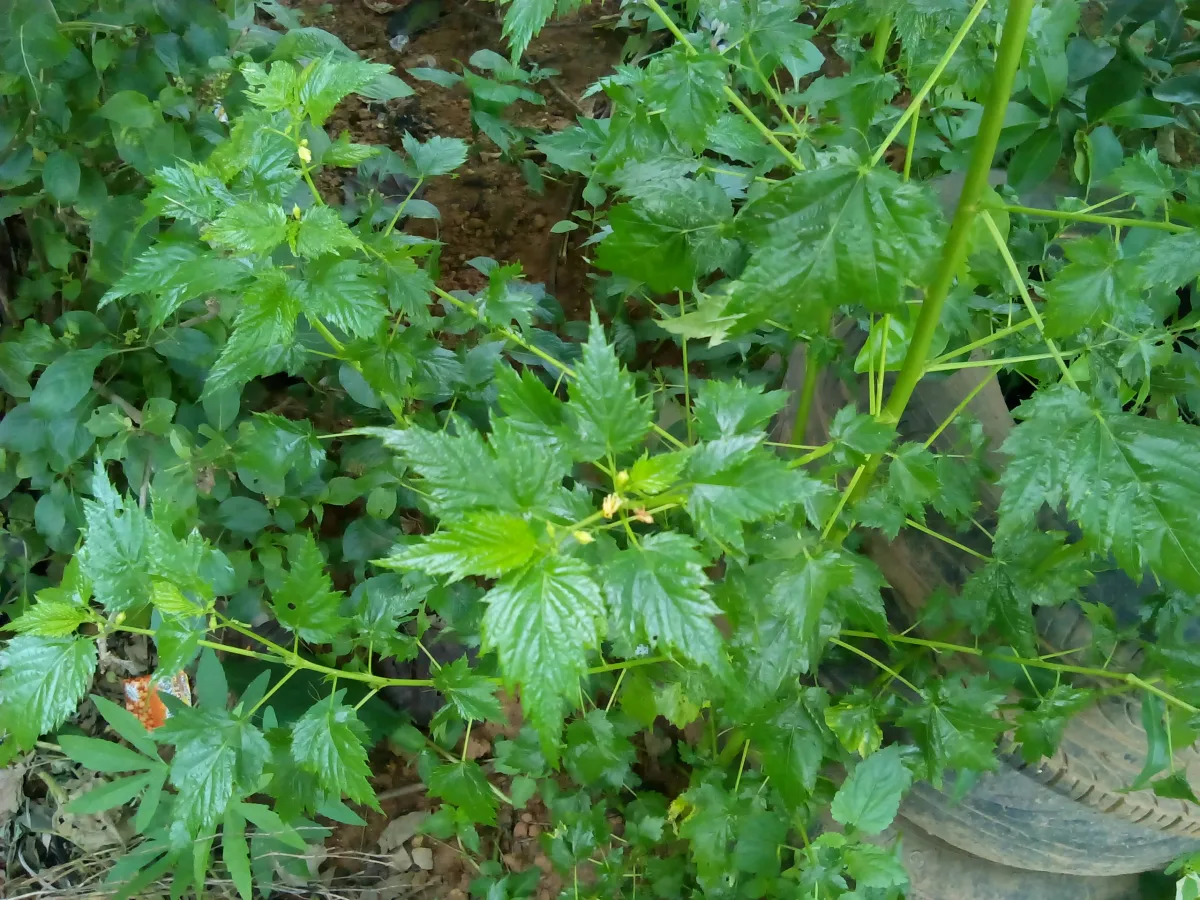

Jute leaves, also known as ewedu leaves, saluyot leaves or molokhia, are leafy greens that originate from the Corchorus plant species. These nutritious leaves are commonly consumed in various cuisines around the world, particularly in African, Middle Eastern, and Asian cooking. Jute leaves are often used in soups, stews, and stir-fries. They have a slightly mucilaginous texture when cooked, which helps to thicken dishes and adds a unique mouthfeel. Jute leaves have a mild, earthy flavour that pairs well with a variety of ingredients and spices, allowing for versatile cooking options. In addition to their culinary uses, jute leaves have also been utilized in traditional medicine for their potential health benefits. Some cultures believe that jute leaves have properties that can help with digestion, alleviate inflammation, and improve skin health. Let us now discuss in detail, the health benefits of jute leaves.
Health Benefits of Jute Leaves
1. Digestive Health: They are high in dietary fiber, which promotes healthy digestion, prevents constipation, and supports overall gastrointestinal health.

2. Blood Sugar Regulation: Jute leaves may help regulate blood sugar levels due to their high fiber content, making them beneficial for individuals with diabetes or those at risk of developing the condition.
3. Reduced Cancer Risk: Some studies suggest that the nutrients in jute leaves may have properties that help fight cancer cell growth.
4. Immune System Support: Jute leaves are packed with vitamin C, a powerful antioxidant that strengthens the immune system. Vitamin C helps the body produce white blood cells which fight off infections and keep you healthy.
5. Antimicrobial Properties: Jute leaves exhibit antimicrobial properties that can help combat various bacterial and fungal infections, thereby supporting overall health and well-being.
6. Bone Health: Jute leaves contain calcium and other minerals essential for building and maintaining strong bones. This can be especially beneficial for preventing osteoporosis later in life.

7. Hair and Skin Health: The vitamins and antioxidants in jute leaves promote healthy skin by combating oxidative stress and supporting collagen production. They also contribute to lustrous hair and may help prevent hair loss.
8. Weight Management: Including jute leaves in your diet can aid in weight management due to their low-calorie content, high fiber content, and ability to promote feelings of fullness.
9. Blood Clotting: Jute leaves are a good source of vitamin K, which plays a vital role in blood clotting. This can help prevent excessive bleeding and promote wound healing.
10. Detoxifying Properties: Jute leaves may aid in detoxification by promoting healthy digestion and elimination of waste products.
Copyright © 2016 Hot Topix Theme. Theme by MVP Themes, powered by Wordpress.

0 comments